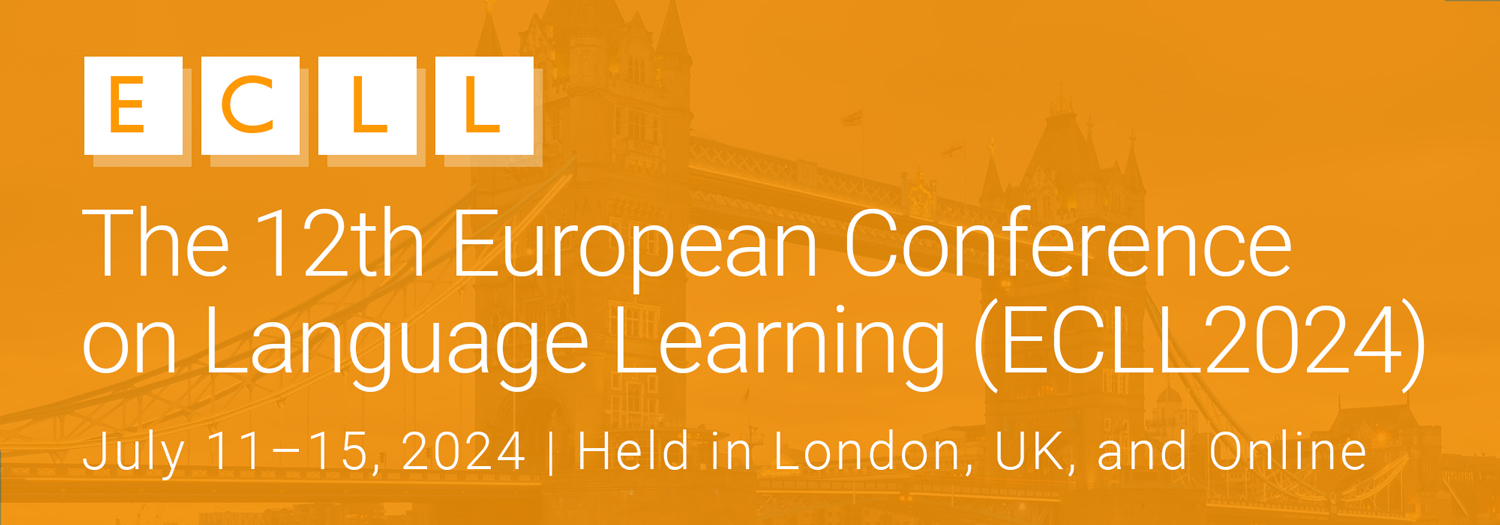Presentation Schedule
The Thakali Indigenous Community of Nepal: Stories of English Language Educators (83203)
Session Chair: Bipin Sherchan
Saturday, 13 July 2024 16:05
Session: Session 4
Room: G09 (Ground)
Presentation Type:Oral Presentation
The ability to communicate in one's native tongue is a defining characteristic of Nepal's multi-ethnic communities. On the other hand, new research indicates that minority and indigenous languages are being systematically removed from classrooms and educational institutions; the importance placed on teaching and learning English. The monopoly of the English language threatens not just the native tongue but also knowledge, cultural values, and knowledge systems. The response from schools regarding the use of mother languages as the primary language of instruction in the early grades has also been dismal. This study attempts to investigate the experiences of English language teachers from the Thakali indigenous group in Mustang, Nepal, using the concept of a decolonial perspective on English language education. The lived tales were produced by sixteen English language teachers who were specifically chosen, using the narrative inquiry under the interpretative paradigms. This study demonstrates how English is seen as a language of wealth and power. In this colonized society, its skill is seen as a sign of a highly qualified and educated individual. Even within families, mother tongues are becoming extinct in their own country. Students who speak native tongues are allocated to urban schools. The goal of this study is to raise awareness among researchers, educators, and indigenous scholars on the need to include indigenous languages into the educational framework.
Authors:
Bipin Sherchan, University of Kathmandu, Nepal
About the Presenter(s)
Ms Bipin Sherchan is interested on literary writing. Especially, a poem. Many of them are published.
See this presentation on the full schedule – Saturday Schedule





Comments
Powered by WP LinkPress